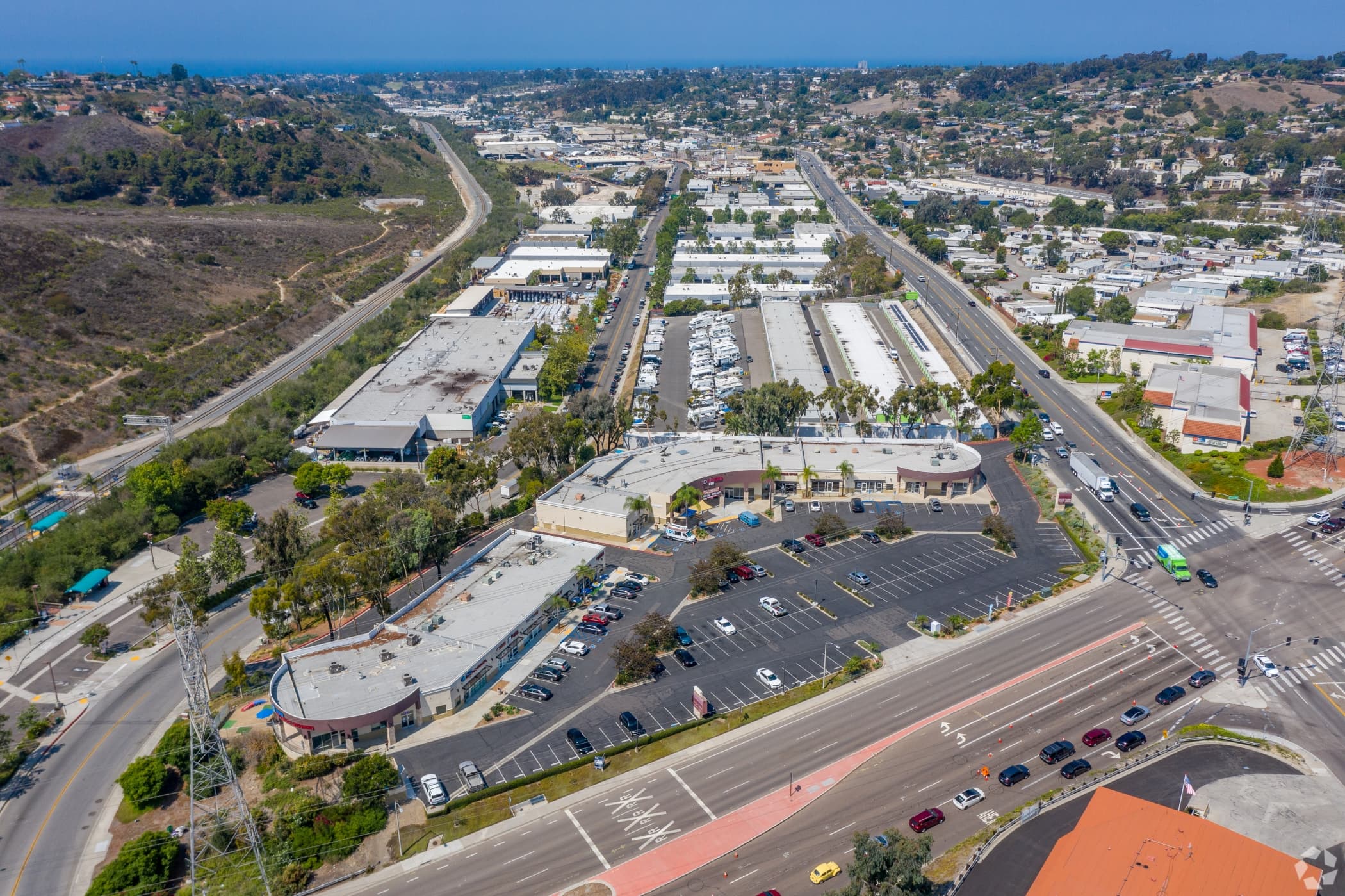
Curbline Makes Wall Street Debut: Is This the Next Big Thing in Retail Real Estate?
Retail landlord Site Centers spins off Curbline Properties, creating the first public company focused solely on convenience shopping centers. In a bold move shaking up the retail real estate sector, Site Centers has completed the spinoff of Curbline Properties, an independent publicly traded company that owns roughly 80 convenience centers—commonly known as strip malls. Trading on the New York Stock Exchange under the ticker symbol "CURB", Curbline is positioning itself as the first public real estate company dedicated exclusively to convenience properties in the wealthiest U.S. markets. "This highly fragmented but liquid market, along with the company’s net cash and liquidity position, provides a substantial addressable opportunity for Curbline to scale and differentiate itself as the first mover public REIT in the sector," said David Lukes, President and CEO of both Site Centers and Curbline, in a statement. A Strategic Shift for Site Centers Beachwood, Ohio-based Site Centers, itself a retail Real Estate Investment Trust (REIT), announced in October last year its plan to focus on convenience shopping centers—retail sites without a big-box or grocery store anchor. Since then, the company has been shedding traditional shopping centers and acquiring strip malls, culminating in the launch of Curbline to house these assets. Over the past year, Site Centers has sold over $1 billion in properties. Between September 17 and 27, Site Centers reported the sale of 11 shopping centers for $610.1 million. Notably, this included the $116.5 million sale of Hamilton Marketplace in Hamilton, New Jersey, to Paramount Realty Services based in Lakewood, New Jersey. As a result of these dispositions, Curbline is expected to be capitalized with $800 million in cash at the time of the spinoff. Additionally, it will have a $400 million undrawn, unsecured line of credit and a $100 million unsecured, delayed draw term loan—all with no indebtedness, according to Site Centers. As of September 26, Curbline's portfolio includes 79 properties across 15 states, totaling about 2.6 million square feet as of September 17. The properties are heavily concentrated in affluent markets, with 14 locations in Florida, 12 in Georgia, and 10 in Arizona. By focusing on convenience centers in wealthier areas, Curbline aims to tap into markets with strong consumer spending power. These centers typically feature a mix of service-oriented tenants like cafes, salons, and specialty retailers that cater to daily needs, making them resilient to economic fluctuations. As part of the spinoff, Site Centers shareholders received two shares of Curbline common stock for every one common share of Site Centers held at the close of business on September 23. This generous share distribution could make Curbline an attractive proposition for investors seeking exposure to a pure-play convenience center REIT. The move also reflects a broader trend in retail real estate, where investors are increasingly interested in niche sectors that offer growth potential and resilience. With the rise of e-commerce challenging traditional retail, convenience centers have shown durability due to their focus on services and experiences that cannot be replicated online. David Lukes highlighted the significant opportunities in the convenience center market, noting its fragmentation and liquidity. The sector's lack of consolidation means there is ample room for acquisitions, allowing Curbline to scale rapidly. "Being the first mover public REIT in this sector gives us a unique advantage," Lukes stated. "We plan to leverage our net cash position to acquire additional properties and become a leading player in the convenience center market." Curbline's debut could signal a shift in retail real estate investment strategies. By concentrating on convenience centers, the company is betting on the continued importance of localized, service-based retail spaces. This focus aligns with consumer trends favoring convenience and community-oriented shopping experiences.For the broader real estate market, Curbline's success could spur increased investment in strip malls and smaller retail centers, potentially revitalizing this segment of the industry. As big-box retailers face challenges and e-commerce continues to grow, investors may look to convenience centers as a stable and profitable alternative. The spinoff of Curbline Properties marks a significant development in the retail real estate sector. With a solid financial foundation and a strategic focus on affluent markets, Curbline is poised to capitalize on the opportunities within the convenience center space. Investors and industry observers will be watching closely to see how this first-of-its-kind public company navigates the evolving retail landscape.